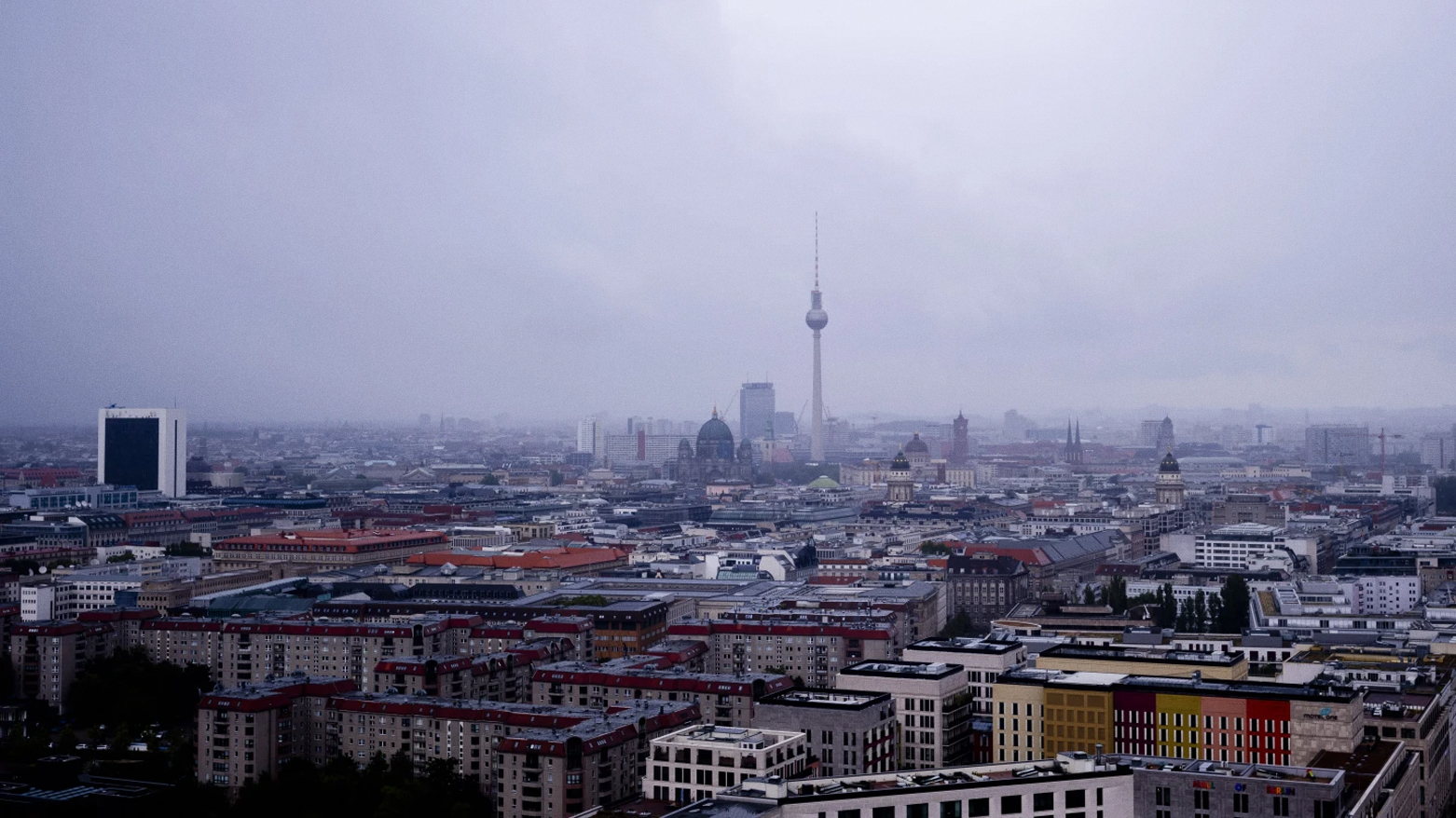Berlin Housing Crisis Traps Kurdish Refugees in Camps
A severe housing crisis in Berlin is trapping Kurdish and other refugees in camps for years, forcing them to deal with an exploitative black market charging thousands of euros for rental contracts.

ERBIL (Kurdistan24) – For thousands of refugees who sought safety and a new beginning in Germany, the dream of a stable life is colliding with the harsh reality of a suffocating housing crisis in the capital, Berlin, forcing many, including Kurdish families, into years-long stays in camps and at the mercy of an exploitative black market for housing.
What was once viewed as a dream destination for those fleeing war and crisis has become a landscape of struggle and uncertainty.
According to a report from Kurdistan24’s correspondent in Berlin, Shawqi Kanabi, obtaining a house for rent has become a near-impossible task for many refugees, compelling them to remain in temporary accommodations for extended periods and to deal with brokers on a black market that drains their meager savings.
The personal story of Fadel Ali, a Kurdish refugee from Western Kurdistan (Syria), summarizes the suffering faced by many.
In an interview with Kurdistan24, he recounted his family's five-year ordeal living in a camp since their arrival in Berlin.
"We have submitted numerous applications to get a house," Fadel said with sorrow, "but preference is given to other nationalities like Ukrainians and Poles. As for us, refugees from Kurdistan and Iraq, we find it extremely difficult to get any response."
These immense difficulties in securing legitimate housing have opened the door wide for an illicit market to flourish. Fadel explained how refugees are now forced to pay exorbitant amounts to brokers simply to secure a rental contract.
"To get a three-room apartment, the broker asks for 7,000 euros; a four-room apartment goes up to 9,500 euros, and a five-room apartment can cost between 12,000 and 13,000 euros," he detailed.
Fadel Ali's story is not an isolated case. Delawar Ramadan, another refugee in Berlin, has been living in the camps for more than 12 years.
His situation highlights another systemic barrier. Delawar stated that "the government doesn't give me a house, and I can't find one myself because I don't have a steady job, which is a basic requirement for landlords."
The report from Berlin notes that while refugees risk their lives and sell everything they own to reach Europe, their dreams of a dignified life quickly evaporate.
As the days turn into years, the primary ambition of building a new life is reduced to the single, all-consuming dream of getting out of the camp and securing a roof over their heads.
Thus, the idea of "Paradise Europe" turns into something more akin to a "big camp," where waiting is the dominant factor, and the future remains shrouded in uncertainty.
Kurdistan24 correspondent from Berlin, Shawqi Kanabi, contributed to this report.
